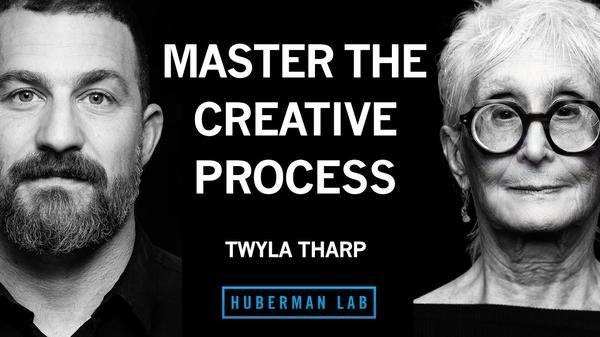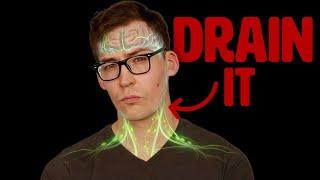
Essentials: Science of Stress, Testosterone, Aggression & Motivation | Dr. Robert Sapolsky
Andrew Huberman
Jul 10, 2025
Mindsip insights from this episode:
Leverage multiple hierarchies to buffer stress from low-status roles
Humans can psychologically buffer the stress of being low-status in one area of life, like a job, by focusing on being high-status in another, like being captain of a sports team.
Understand testosterone's role in amplifying aggression
Testosterone doesn't create aggression but rather lowers the threshold for provocation and amplifies existing aggressive tendencies.
Focus on dopamine for motivation, not pleasure
Dopamine is not about the pleasure of a reward itself, but about the anticipation of the reward and generating the goal-directed behavior needed to get it.
Boost generosity and trustworthiness with testosterone
In situations where generosity is the behavior that maintains high status, giving people testosterone can make them more generous and trustworthy.
Manage testosterone levels to avoid impulsive decisions
By increasing confidence, testosterone can make people cocky, impulsive, and less cooperative, which can lead to poor risk assessment and bad decisions.
Avoid harmful stress advice in dire situations
Telling someone in a truly dire situation like having terminal cancer to simply 'take control' of their stress is not helpful and can be a form of 'privileged heartlessness.'.
Prioritize daily practice for effective stress management
The biggest benefit of a stress management technique comes from prioritizing your well-being enough to stop and practice it for 20-30 minutes daily.
Maintain physiological estrogen levels to protect against dementia and cardiovascular disease
Having physiological levels of estrogen is protective against dementia and cardiovascular disease because it enhances cognition, stimulates neurogenesis, and increases glucose and oxygen delivery to the brain.
Choose voluntary exercise to enhance health benefits
The psychological perception of control determines whether exercise is beneficial or stressful, as shown by rats who get health benefits from voluntary wheel running but stress from being forced to run the same amount.
Recognize social media's impact on stress and self-worth
Unlike any other animal, humans can feel inadequate and stressed by comparing themselves to abstract people on social media or fictional characters they've never met.
More from
Andrew Huberman
You also might be interested in
The Hidden Damage That Happens "Behind-The-Scenes" In The Adult Entertainment Industry, With Former Adult Actress Felicity Feline
The Science of Erotic Altered States | Biohacking Sex
Neuroscientist: If You’re Feeling THIS, You’ve Lost Touch With Your True Self
Neuroscientist: If You Feel THIS, You're Living the Wrong Life (Unlock The One You're Meant For)
Drain your Brain, Protect it from Alzheimer’s Disease














